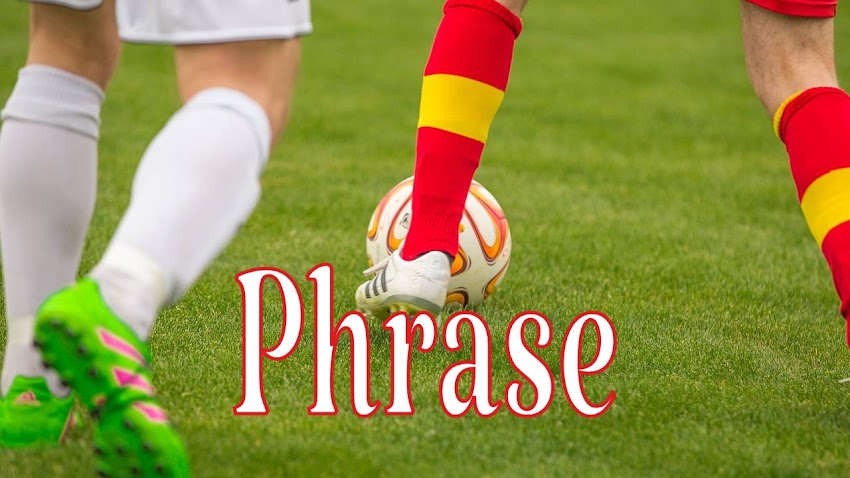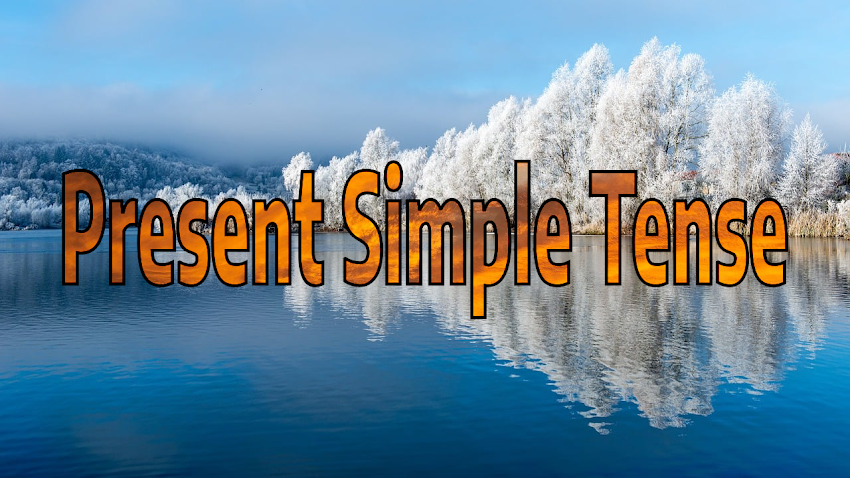Showing posts with label P. Show all posts
Showing posts with label P. Show all posts
Passive
By
Azora Koice
P
The passive form of the verb phrase contains this pattern: be + past participle (V3) Ex: is used / was counted / can be done
Read more »
Participle
By
Azora Koice
P
This is the term we often use for two forms of the English verb: The - ing participle (or - ing form), for example: working , learning (sometimes ca…
Read more »
Group noun
By
Azora Koice
P
A group noun describes a set or group of people, animals, or things. A group noun , like other nouns, can be singular or plural . Group nouns are also some…
Read more »
Participle clause
By
Azora Koice
P
A participle clause is a subordinate clause in which the - ing participle or the past participle is the main word. Participle clauses are found particular…
Read more »
People
By
Azora Koice
P
People is the irregular plural form of person . Ex: Many people agree with me. Only one person disagrees with me. Note: There is also a regular plural o…
Read more »
Prepositional adverb
By
Azora Koice
P
Many word forms which are prepositions are also adverbs. We call them prepositional adverbs . Most of them are adverbs of place. They are used to form PHRASAL…
Read more »
Phrase
By
Azora Koice
P
A phrase is a unit of grammar. We build clauses and sentences out of phrases . A phrase may consist of one word or more than one word. There are five kin…
Read more »
Phrasal verb
By
Azora Koice
P
A phrasal verb consists of verb + adverb, for example, give up . The two words form an idiom; it's called a phrasal verb only if the adverb changes the …
Read more »
Prefixes
By
Azora Koice
P
A prefix is an element which we place at the front of a word. In English, prefiexes add something to the meaning of a word, but they do not usually change …
Read more »
Positive
By
Azora Koice
P
This is a grammatical term for "the opposite of negative". Ex: Question: Do you like roses? Answer: (1) Positive Statement: Yes, I do. (…
Read more »
Person
By
Azora Koice
P
Person is a grammatical term. We talk of "1st person ", "2nd person ", and "3rd person ". Personal pronouns change according t…
Read more »
Present Continuous Tense
By
Azora Koice
P
Present Continuous Tense is the tense which shows any actions happening at the time of speaking. This is a general definition.
Read more »
Past Simple Tense
By
Azora Koice
P
When we use a past tense main verb and no auxiliary verb, the form of the verb is called the Past Simple . Most verbs form their Past Tense with - ed . The …
Read more »
Pronoun
By
Azora Koice
P
A pronoun is a grammatical word which we use instead of a NOUN or NOUN PHRASE. Pronouns can be subject , object , or complement in a sentence. They can al…
Read more »
Preposition
By
Azora Koice
P
A preposition is a word which typically goes before a NOUN PHRASE or PRONOUN. Let's see some examples below: (1) of the world (2) with my best fri…
Read more »
Present Simple Tense
By
Azora Koice
P
When we use a Present Tense main verb and no auxiliary verb, the form of the verb is called Present Simple , for example, come , comes . The Present Simple …
Read more »
Search
Latest
7-latest-65px
Sections
Popular Posts
-
The object pronouns in English are me , her , him , us , and them . They are special forms of the personal pronouns used, among other thi...
-
How to give someone advice? In giving advice, these patterns are useful: 1. If I were you, I'd + verb ... 2. Why don't you ...
-
In English phrases , there is usually one word which is the main word in the phrase, and we can add one or more modifiers to this to speci...
-
Very is either an adverb of degree or adjective. As an adverb it means "to a high degree", and it comes before the word it app...
-
We often omit the relative pronoun " that " at the beginning of a relative clause. Example: He missed a girl ( that ) he used to...





















